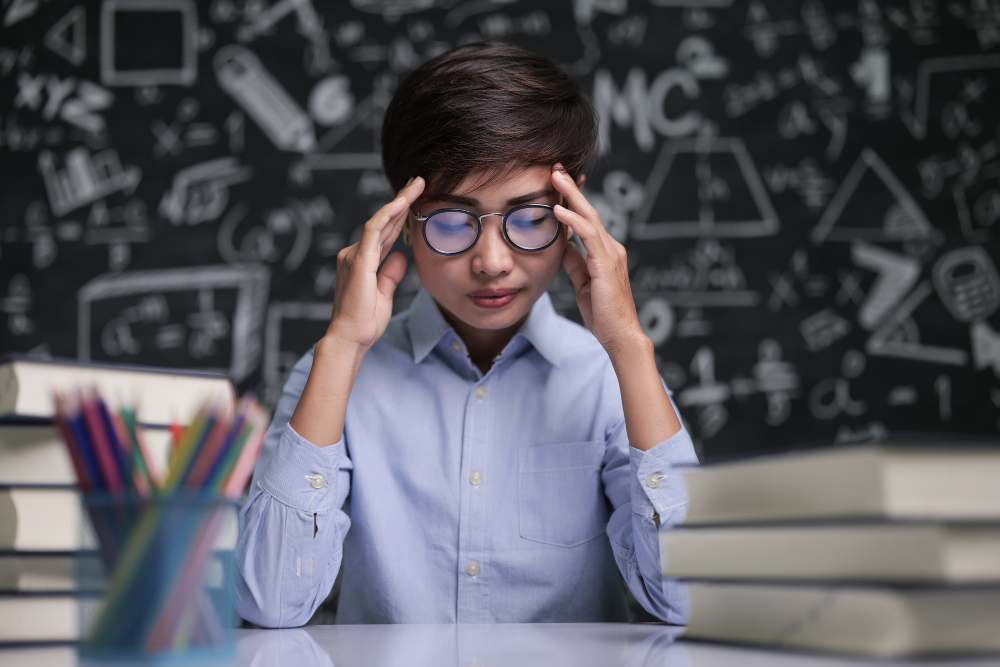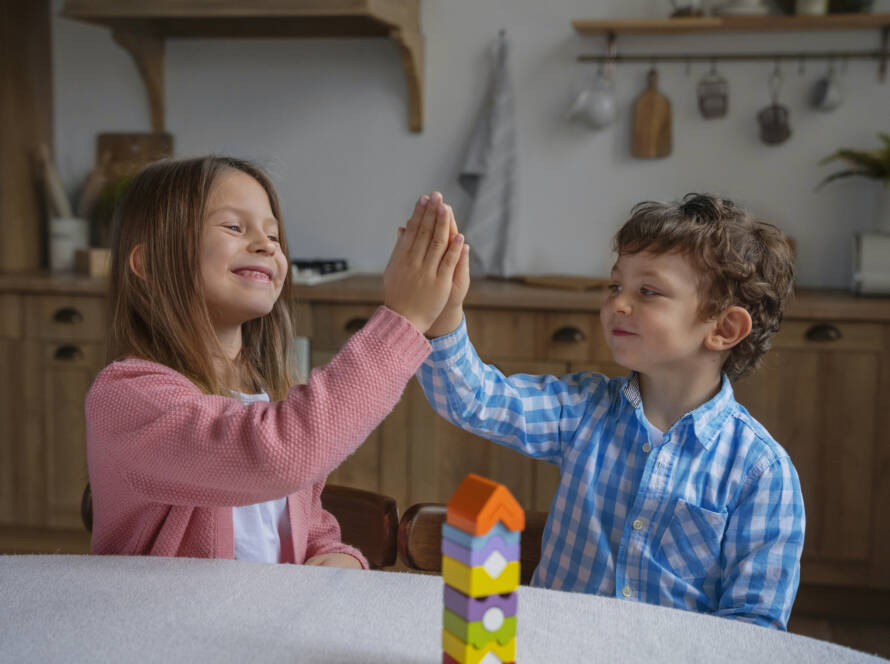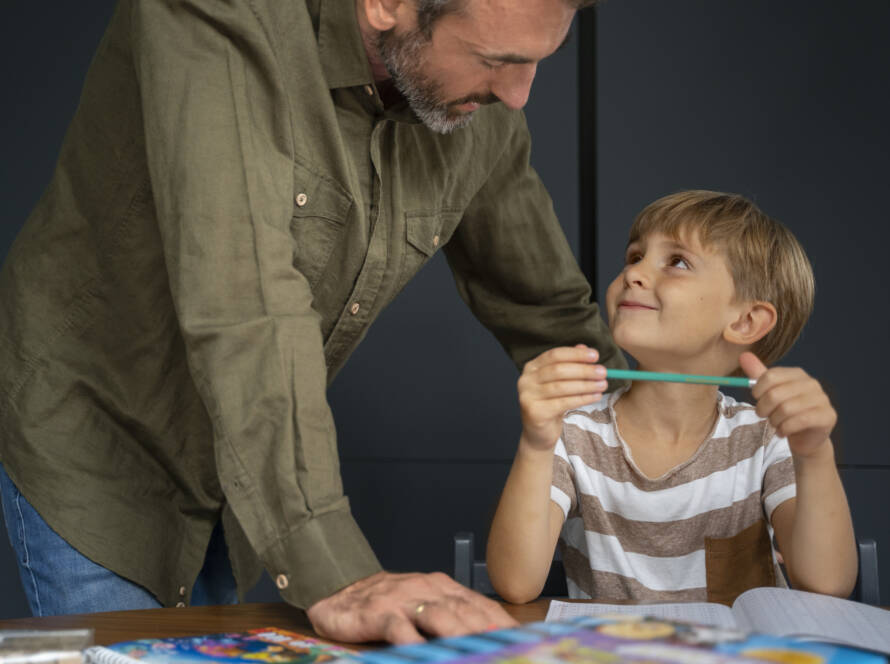“Doing good feels good,” 11-year-old Aryan said with a quiet smile after helping his friend understand a tricky science concept over the phone.
His mother was pleasantly surprised. She was surprised not just by what he did, but by how he felt about it. Curious, she asked him, “Where did you learn that, this idea of doing good?”
He replied, “From Geeta ma’am who takes SEL sessions at school.”
It was refreshing to hear a preteen talking about kindness, empathy, and the joy of helping someone else. And he had learned it not by chance, but because his school intentionally taught it.
Schools have taken on responsibilities that extend beyond teaching history, English, and mathematics. One type of life skill that is particularly important right now is social and emotional learning. Integrating SEL in education helps students build emotional intelligence alongside academic skills.
This blog explores the science behind Socio-Emotional Learning (SEL), why it’s so powerful, especially for preteens.
What is SEL?
Social and Emotional Learning (SEL) is an educational concept that helps children develop skills in areas other than maths, reading, and other core school subjects. SEL teaches children to identify their emotions, understand and communicate with others. It aims to teach them how to form strong relationships, and make sound, empathetic decisions.
SEL focusses on a set of life skills that children require to understand themselves and communicate with others. SEL teaches children emotional regulation, problem-solving, decision-making, communication, how to empathise. Through SEL, children can gain a better understanding of themselves and the people around them.
The Five Core SEL Skills
Self-awareness
Rhea a preteen has a class presentation. She feels anxious before giving the presentation. She says to herself, “I’m nervous because I want to do well, and I’m afraid of making a mistake.” She reminds herself that she practiced a lot and has done well in the past. That small moment of self-awareness helps her calm down. She takes a deep breath, and goes ahead with the presentation.
Self-awareness means understanding your emotions, goals, and values. It’s the ability to recognize what you are feeling and why. It is about becoming aware of what you are good at and where you might need help. It teaches one to believe in themself even when things get tough.
When kids like Rhea begin to understand how their thoughts, feelings, and actions are connected, they are better equipped to handle challenges. Isnt it powerful? It helps them build confidence, and grow with a positive mindset. Building strong social skills for preteens is essential as they navigate friendships, group dynamics, and independence.
Self-management
Meera, a 12-year-old was preparing for a school play when her friend invites her to come outside to play. She really wanted to go out and play with her friends, but she knew her lines still need work. She feels tempted to put it off, but instead, she tells herself, “Just 20 more minutes of practice, then I’ll go outside.”
Meera is using a powerful tool called, Self-management. Self-management is all about having the skills and mindset to manage your emotions and actions in a way that supports your goals. It means being able to calm yourself down when you’re upset. Wait your turn even when you’re excited, push through frustration, and stay focused, especially when things get hard.
Social Awareness
Social awareness is the ability to see the world through someone else’s eyes. To understand and empathize with people who may have different experiences, cultures, or perspectives than our own. It also means knowing how to behave appropriately in different social situations and being aware of the support systems around us. When children build this skill, they grow into thoughtful, empathetic individuals who can connect meaningfully with others and contribute positively to their communities. Developing emotional intelligence in kids helps them understand their feelings and respond to challenges with resilience.
Relationship Skills
Siya, a 6th grader working on a science project with three classmates. One team member insists on doing things their way, leading to tension. Instead of shutting down or arguing, Siya calmly says, “I hear what you’re saying, but maybe we can try a mix of both ideas?” In this moment, Siya is using her relationship skills to collaborate, defuse conflict, and keep the group focused.
Relationship skills are the building blocks for meaningful friendships and positive connections. They help children communicate clearly, listen with empathy, cooperate in teams, handle disagreements respectfully. These skills are essential for navigating everything from group projects to playground dynamics.
Responsible Decision-making
Responsible decision-making is about helping children learn how to make smart, safe, and ethical choice. It can be about how they treat others, how they take care of themselves, or how they handle tricky situations. It means thinking before acting, weighing the consequences, and considering how their decisions affect both themselves and those around them.
Kabir, a 7th grader is at a friend’s house when someone suggests sneaking a look at the answers for tomorrow’s math test online. Some kids giggle and say, “It’s just one time.” Kabir feels tempted but then he remembers what his teacher said about honesty and the importance of doing your own work. He thinks about how he’d feel if someone else cheated and got rewarded unfairly. Kabir speaks up and says, “I don’t think that’s right, I’m just going to study instead.”
Responsible decision-making is about helping children learn how to make smart, safe, and ethical choice. It can be about how they treat others, how they take care of themselves, or how they handle tricky situations. It means thinking before acting, weighing the consequences, and considering how their decisions affect both themselves and those around them.
In a 2011 study, researchers conducted one of the most extensive reviews of SEL. They reviewed 213 studies involving over 270,000 students and discovered, among other things, that participating in SEL programs improves students’ performance in class. It has a long-term impact on students and school communities.
Schools that prioritize SEL in education often see improvements in classroom behavior, peer relationships, and overall student well-being. SEL can be a powerful tool for teaching children basic social skills and emotional intelligence. These skills can help children perform better in class and interact with others. They can boost their self-esteem. Teachers and parents play a crucial role in nurturing emotional intelligence in kids through everyday conversations and guidance.
The pandemic has had a negative impact on the mental health of children of all ages, and the skills taught in SEL programs are an effective way for schools to support their students as they adjust.



